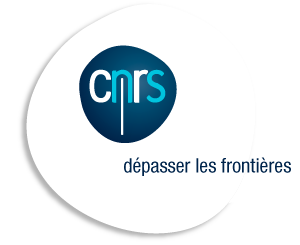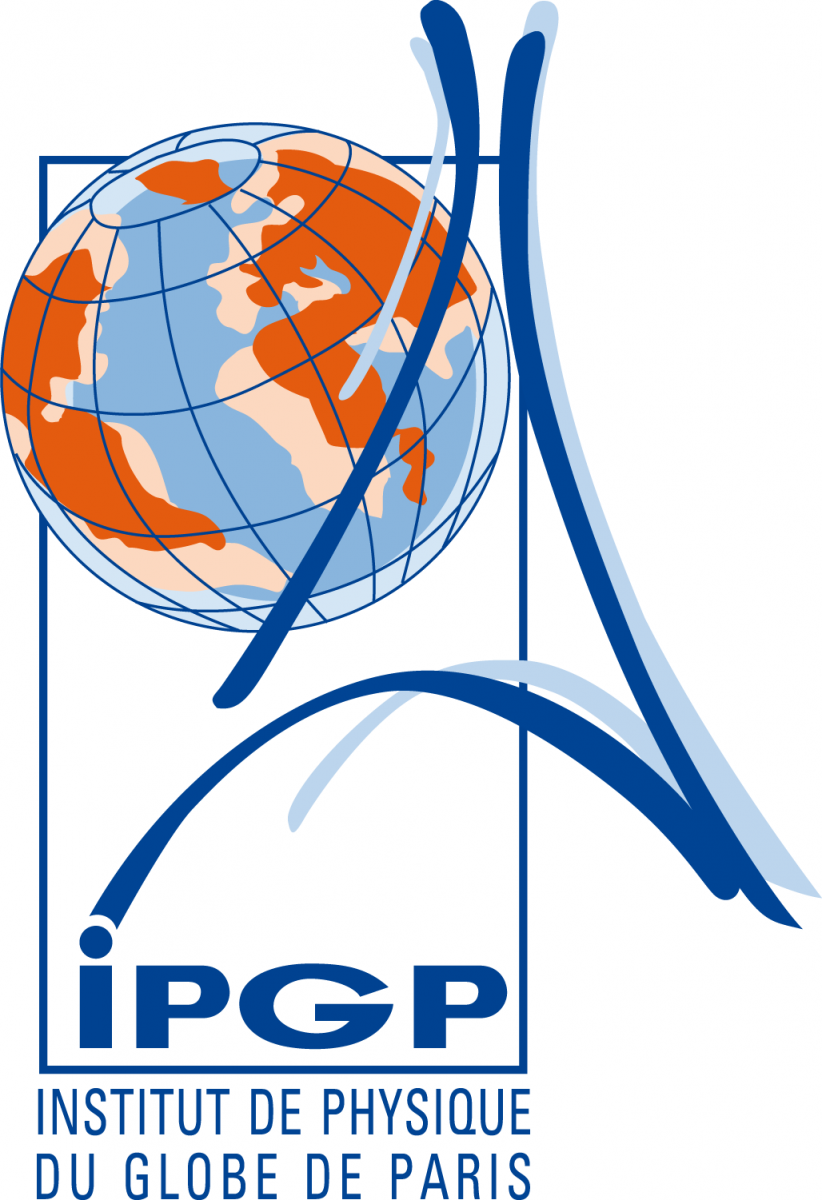Biogeochemical Interactions at Deep-Sea Vents Working Group Update 2008 N. Le Bris, Working Group Chair Members The WG for Biogeochemical Interactions at Deep-Sea Vents had one new change in membership for 2008. Huaiyang Zhou has joined the IR WG for Deep-Earth Sampling, and we invited Xiqiu Han (Second Institute of Oceanography, China) to join our WG in replacement. Xiqiu's expertise in oxygen and carbon isotopic signatures of chemosynthetic processes fits perfectly with the WG objectives, and she will bring a complementary view from China. IRTI Many of our WG activities in this past year have been as a follow-up to the InterRidge Theoretical Institute on Biogeochemical Interactions at Deep-Sea Vents (Woods Hole, Sept. 10-14, 2007), with the help of the IR office, WHOI colleagues and chairs of the discussion groups (see article in 2007 InterRidge Newsletter). Our workshop report is available at: http://www.interridge.org/files/interridge/IRTI_2007_rept_full_posted_NL.... The development of original strategies and collaborative projects was a main objective of the IRTI. Beyond smaller-scale initiatives, the proposition for a coordinated action on an international basis was issued from the workshop. A common concern about the capacity of hydrothermal systems to derive chemical energy to fix CO2 into biomass arose from four of the IRTI discussion groups (plume biogeochemistry, life in extreme environments, hidden biosphere, long-term seafloor ecosystems changes) and provided the basis for such an initiative. Below, we highlight in particular two direct outcomes from the IRTI: - a SCOR proposal for a synthesis and modelling effort on which a future large scale biogeochemical flux experiment will be based (developed from the several discussion groups mentioned above), and - interactions with the GEOTRACES program (another SCOR-affiliated program) that developed more specifically from the discussion group on plume biogeochemistry. New SCOR Working Group A major achievement of our WG in this past year is the approval of a new SCOR Working Group, to be co-funded by InterRidge, on "Hydrothermal energy transfer and its impact on ocean carbon cycles." This new Working Group will be co-chaired by Nadine Le Bris (IFREMER, France) and Chris German (WHOI, USA). Currently, the proposal is posted on the SCOR website at: http://www.scor-int.org/2008GM/Ridges.pdf. We will also create a mirror webpage for this new SCOR-InterRidge initiative as part of the on-going IR WG for Biogeochemical Interactions at Deep-Sea Vents. Hydrothermal venting is widespread throughout all ocean basins, and the local fixation of carbon and the export of bio-limiting nutrients to the broader ocean may be much greater than previously recognized. Recent advances in molecular methods as well as in situ and in vivo experimentation now provide us new opportunities for a coordinated, integrating effort in which interdisciplinary approaches and modelling can be proposed. The main objective is to set the basis for a revised consideration of the diverse pathways of CO2 fixation driven by hydrothermal processes and the potential contribution that they may make to the global ocean carbon cycle. Our new SCOR support should allow larger initiatives to be organized on this topic, involving a broader community of researchers, including other IR WGs. This is the first SCOR Working Group in over ten years to be stimulated from InterRidge activities. We congratulate those involved with the proposal and thank all who were involved with the discussions at the IRTI. Please feel free to contact Nadine (Nadine.Le.Bris@ifremer.fr), Chris (cgerman@whoi.edu), or the InterRidge office (coordinator@interridge.org) with questions or suggestions for the new SCOR Working Group. Links with the GEOTRACES program GEOTRACES is one of the newest SCOR-affiliated programs and seeks to conduct a series of 2-D cross sections of the oceans, spanning entire ocean basins, to characterize global-ocean biogeochemistry on scales comparable to the WOCE program's physical oceanographic studies. In the USA the first priority is a trans-North Atlantic geochemical section, currently planned to be conducted in 2010, that will include one station at the TAG hydrothermal mound. A second priority for U.S. GEOTRACES, identified at a meeting held in Oct. 2008, will be to run a pair of sections in the eastern Pacific. One will run from north to south between Alaska and Tahiti and intercept dispersing hydrothermal plumes that span the Pacific basin, emanating from (from North to South): the Juan de Fuca Ridge, Loihi Seamount (Hawaii), East Pacific Rise (EPR) 9-10°N and EPR 10-20°S. The complementary E-W section will run between Tahiti and Peru, where the western half of the section will be designed to sample along the axis of the dispersing hydrothermal plume that originates at the southern EPR (the world's biggest plume, originating from the world's fastest-spreading ridge). The eastern half of the same section will provide a contrast with the iron and manganese-rich lenses of water that make up the oxygen minimum zone that extends offshore from the Peru Margin - one of the most highly productive regions of surface ocean. The time-frame for these section studies is currently anticipated to be 2012-2014. We expect that our WG will work together with GEOTRACES in the development of these programs and, in particular, a complementary process-oriented and submersible-led investigation of the high-temperature vent-sources for the southern EPR plume, focussed along the super-fast SEPR ridge-axis. Links with other IR WGs The activities of our WG are tightly connected with other IR WGs. Members of the Vent Ecology, Deep-Earth Sampling, and Monitoring and Observatories WGs actively participated in the IRTI, and several are also involved in the SCOR Working Group. The development of interdisciplinary approaches and dedicated tools, in turn, provide inputs to the reflexion of these WGs. We will continue developing synergies in the future with other IR WGs. Particularly, we will be pleased to provide contributions to future InterRidge Theoretical Institutes and workshops. Upcoming events - ASLO Aquatic Sciences Meeting, Nice, France, Jan 25-30, 2009. Session: From molecules to organisms: Chemoautotrophic pathways and mechanisms of energy transfer in extreme marine environments. - Goldschmidt Conference, Davos, Switzerland, June, 2009. Session: Pathways and regulation of energy and carbon transfer in extreme deep-sea environments.
Groupes de travail actifs
- Seafloor Massive Sulfides Resource along MOR
- Oceanic Transform Faults
- MOR islands and seamounts
- IMOVE
- Circum-Antarctic Ridges
- Working Group Archive
- Seafloor Mineralization
- Island Arc and Backarc (BI-ARC)
- Biogeochemical Interactions at Deep-Sea Vents
- Biology
- Hydrothermal Energy and Ocean Carbon Cycles
- Mantle Imaging
- Oceanic Detachment Faults
- Deep Earth Sampling
- Long-Range Exploration
- Monitoring and Observatories
- Vent Ecology
- Ecological Connectivity and Resilience
- Ultra-slow Spreading Ridges
Utilisateurs en ligne
Il y a actuellement 1 utilisateur et 44 invités en ligne.
© 2016 InterRidge. All rights reserved.


![]()



